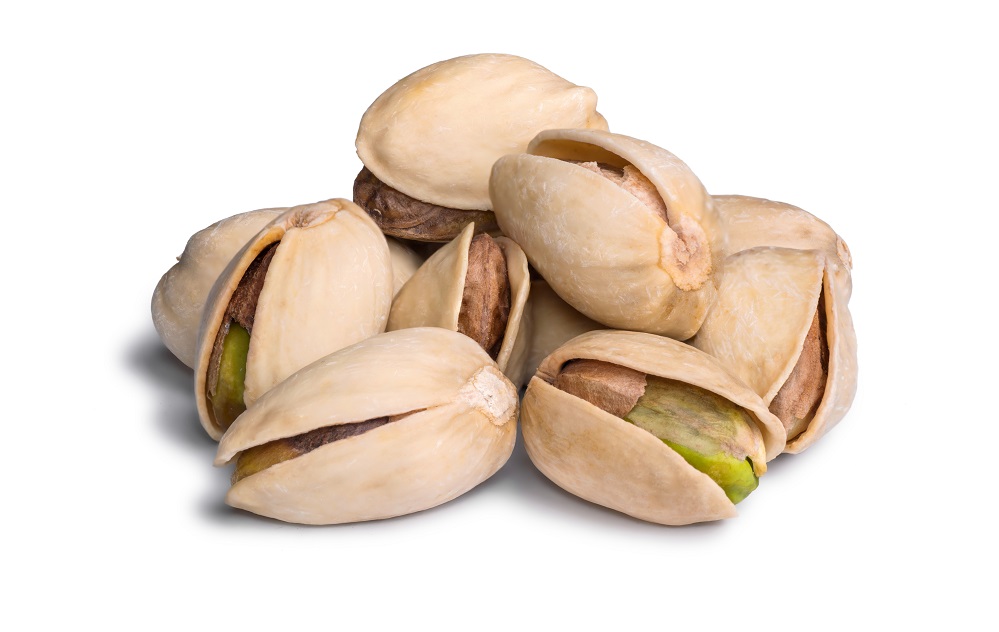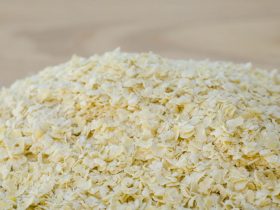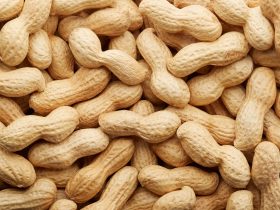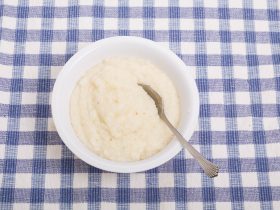Pistachios are a close cousin to the globally enjoyed cashew. Much like the cashew, pistachios have a soft inner flesh and a relatively high fat content, making them an excellent snack high in essential fats and calories1.
Because of the particular makeup of pistachios at a molecular level, they are highly susceptible to going rancid as particular species of bacteria and fungi consume their lipids. While pistachios are relatively high in moisture content compared to other nuts, they are still quite dry at only 4% water content2.
Pistachios, stored in the proper conditions in a freezer, will last as long as twelve months before losing their quality. This is affected by a large number of factors, and should instead serve as a simple guideline on how long pistachios can be kept in storage. It is possible for the pistachios to last much longer than twelve months, or much less, depending on the storage conditions.
What are the Ideal Conditions for Storing Pistachios?
As the main opposing force to maintain your pistachios’ shelf life is the development of microbial growth, it is important to learn the conditions that allow these microbiological life forms to propagate.
Warm temperatures as well as environments high in relative humidity are highly conductive to the growth of fungal and bacterial colonies.
These lifeforms, as they consume the food you are attempting to store, will produce harmful toxins as a byproduct of their colonization process. This is the primary reason food becomes inedible after some time.

According to an in-depth research and assay study conducted by Hamid Tavakolipour3 and subsequently published in Journal of Food Science and Technology, the best temperature to keep pistachios in for long-term storage is 50°F, slightly higher than the temperature of the average commercial refrigerator.
On the humidity side of storage, the ideal relative moisture of the storage vessel containing the pistachios should be an approximate 65-70%.
Can You Store Pistachios at Room Temperature?
As the recommended temperature for storing pistachios is slightly lower than the average room temperature of most homes, choosing to store your pistachios in the pantry or in a cupboard will shorten their life-span somewhat as opposed to utilizing different storage areas.
In order to store your pistachios at room temperature, it is best to leave their shells intact. This will help protect them from any elements that may affect their quality during storage.
Seal the pistachios in a resealable plastic pouch, taking care to push as much air as possible out of the bag. Ideally, vacuum-sealing your pistachios in a specialized bag is the surest way to keep it at its highest quality at room temperature.
Ascertain that the pistachios are kept in a cool and dark corner of your pantry or kitchen, far away from sources of moisture, insects or heat. Direct sunlight will also affect the pistachios in a negative way, so it is best to keep them away from any uncovered windows.
Stored properly, pistachios will last up to two weeks at room temperature.
Can Pistachios be Refrigerated?
In order to extend the shelf-life of your pistachios beyond the usual two weeks when stored in the pantry, refrigeration is an excellent option.
In order to refrigerate pistachios, it is best to keep your fridge humidity at the ideal levels and to keep the pistachios themselves in an air-tight container.
Simply shell your pistachios and place in a resealable fridge-safe container free of moisture inside. In order to keep the pistachios at their highest quality for as long as possible, ensure the container is kept away from any free-flowing sources of air as well as any direct sources of light.
Stored in this way, pistachios will last up to three months in your refrigerator.
Can Pistachios be Frozen?
In short – yes, pistachios can be frozen in order to extend their shelf-life for as long a period as twelve months on average.
Owing to the extremely low water content of pistachios at a measly 4%, they are almost entirely unaffected by the texture and flavor degrading effects of freezing. This means that, in short, should you need to store pistachios for an extensively long time, placing them in your freezer is your best bet.
To store pistachios in the freezer, simply shell and seal within an air-tight resealable freezer bag, ensuring that no moisture is present in the bag or on the surface of the nuts.
Push out any air present in the bag, as the interaction between sugar and oxygen may cause the pistachios to grow stale. Once properly sealed, simply place the pistachios in the deepest part of your freezer, far from any fans or open vents that may cause freezer burn.
Why Do Pistachios Go Rancid?
Like all organic food, pistachios can begin to spoil when stored in the wrong conditions, or even when stored for too long a period.
In the specific case of nuts, however, it is the high count of lipid molecules present in their unique molecular make-up that make them particularly susceptible to becoming rancid for a multitude of reasons.
The first and most well-known of these factors is the presence of fungi and bacteria. Should the pistachios be exposed to already-developed colonies of microorganisms – or even developed a colony of their own – the nutrients in the nuts will be broken down and processed into toxins by these microscopic life forms.
Apart from bacteria and fungi, the effect oxygen has on these lipid molecules present in the nuts will cause them to degrade at a molecular level. This process is referred to as oxidation in the field of chemistry, and is primarily characterized by molecule bonds being broken down in the presence of oxygen due to electron transfer and loss.
To avoid or at least delay these factors from causing your pistachios to spoil, it is best to store them as soon as they have been purchased.
How to Tell if Pistachios have Gone Bad
The primary and most clear sign that pistachios have gone bad is a sour or yeast-like smell emanating from the nuts. As pistachios have a fine and delicate odor, any particularly strong smell being produced is often a sign of microorganism colonies developing. It is best to discard the entire batch, as the other nuts may be compromised as well.
Apart from off-putting odors, should the pistachios become soft and watery, this is an indication that they have been stored improperly and are most likely unfit for consumption.
Note that brown or white spots on the flesh of the pistachio are not unusual, especially if the pistachios have been roasted. This is entirely normal and is not usually a sign of spoilage.
References
1. Okay Y (2002). “The comparison of some pistachio cultivars regarding their fat, fatty acids and protein content”. Die Gartenbauwissenschaft
2. Unknown Author. (January 2019) “Nuts, pistachio nuts, raw” U.S. Department of Agriculture FoodData Central
3. Hamid Tavakolipour. (February 2015) “Postharvest operations of pistachio nuts” Journal of Food Science and Technology, springer.com





Hi, I'm Dom
Dom Eats was started to help other people fall in love with food. While cooking can feel intimidating, it doesn't have to be.